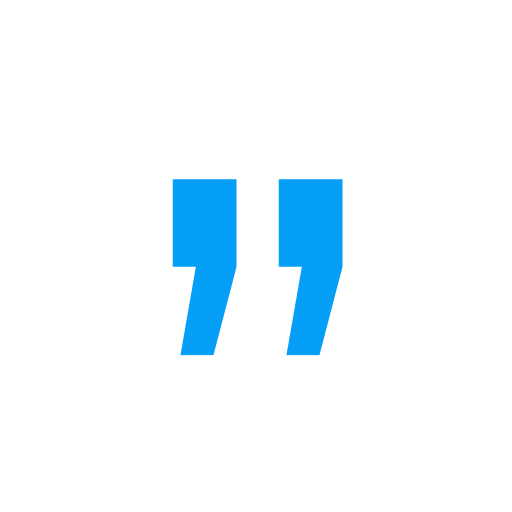Agile Retrospective Effectiveness Scale (ARES)
The Agile Retrospective Effectiveness Scale (ARES) is a validated assessment dedicated to improving how you prepare, conduct,
and get value out of your retrospectives.
Authored by the industry's leading experts in Retrospectives, ARES is based on proven patterns, behaviors and norms that have helped
thousands of teams and organizations improve how they work.
Created by:
Concrete Patterns That Foster Better Teams
Agile Retrospective Effectiveness Scale
At its very essence, becoming more agile requires continuously improving how you work - to be better today than you were yesterday.
Conducting effective Retrospectives is a time-tested, practical way to manifest continuous improvement at all levels of your organization.
But how do you conduct Retrospectives that are consistently productive and provide meaningful change?
What are the norms and behaviors that convert a Retrospective from a “meeting” to a transformative event?
ARES is built on expertise from the world's preeminent Retrospective thought leaders and observable results from thousands of teams
that successfully leverage Retrospectives as an essential element of a continuous improvement strategy.

At regular intervals, the team reflects on how to become more effective, then tunes and adjusts its behavior accordingly.
The Agile Manifesto, 2001
Sample Questions
Constructing Engaging Meetings
My team's retrospectives are worth the time that we invest in the meeting.
Constructing Engaging Meetings
I feel more connected to my team after our retrospectives.
Constructing Engaging Meetings
My team has a working agreement that outlines how we run retrospectives.
Building Trust and Psychological Safety
My team's retrospectives build trust.
Building Trust and Psychological Safety
I believe all the members of my team feel comfortable bringing up difficult topics during our retrospectives.
Building Trust and Psychological Safety
Opposing viewpoints can co-exist in our retrospectives.
Implementing a Facilitation Process
My team has a retrospective at regular intervals.
Following Through
My team's retrospective action items have a due date.
Enabling Continuous Improvement
My team's retrospectives produce direct action items for improvement.
Top Features
Identify insights from an assessment instrument created by the foremost experts in the Retrospective domain.
Give your teams a voice - and identify areas of improvement, accelerate improvement efforts and embed a culture of continuous improvement.
Gain insights expeditiously - perform analysis at the team, program and organizational levels.
Gauge effectiveness across teams in your organization and benchmark against other organizations in your industry.


